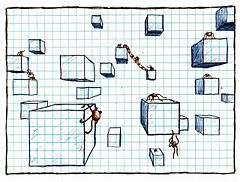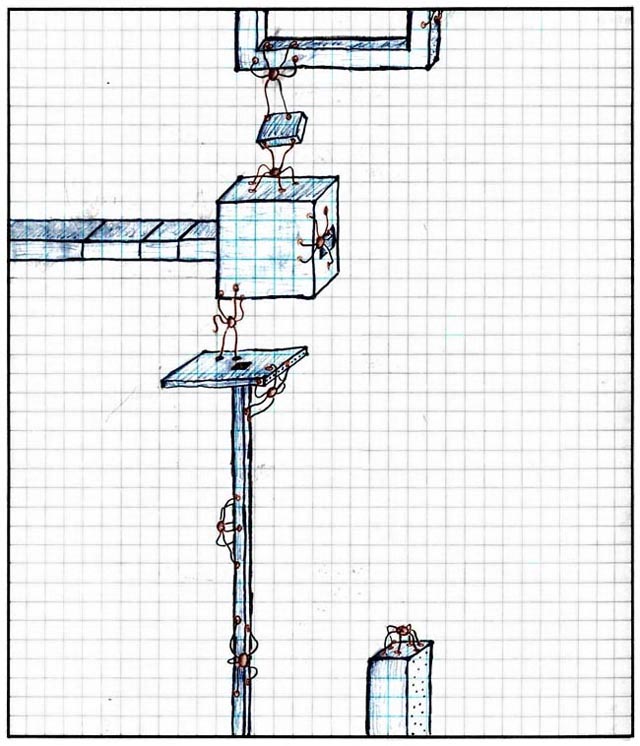Collective phenomena in economy and society
“ Ah, the reason we all majored in physics in the first place... ”
| ||||||||||
Also known as mass action, collective behavior, and artificial chemistry
Physics
- Solitons
- Perturbation theory in quantum mechanics
- Ising Model
- The quantization of magnetic flux in a superconductor
- quantum Hall effect are both collective phenomena associated with thermodynamically large numbers of particles.
Economy
the formation of nations, languages and religions show similarities to condensation of vapor into liquid droplets
Society
Society shows sometimes abrupt changes - revolutions - which are related to phase transitions: both are sudden and dramatic changes of behavior.
Social systems are prominent examples of complex systems. Concepts, tools and models aiming at identifying generic mechanisms underlying collective phenomena in these systems are developed with the use of Game Theory, Statistical Physics, Agent Based Models and Complex Networks Theory. Cooperation, cultural conflicts and problems of social consensus are examples of phenomena being addressed.
Other Examples
Animal Magnetism, like Herding
References
- http://www.santafe.edu/research/topics-dynamics-human-behavior-institutions.php
- Soft Condensed Matter, by Richard A. L. Jones (Oxford University Press, 2007).
- Solid State Physics, by J. R. Hook and H. E. Hall (Wiley, 2007).
- http://www.tcm.phy.cam.ac.uk/~bds10/phase.html

